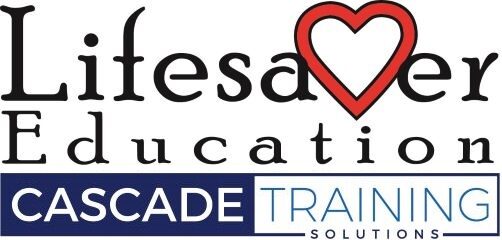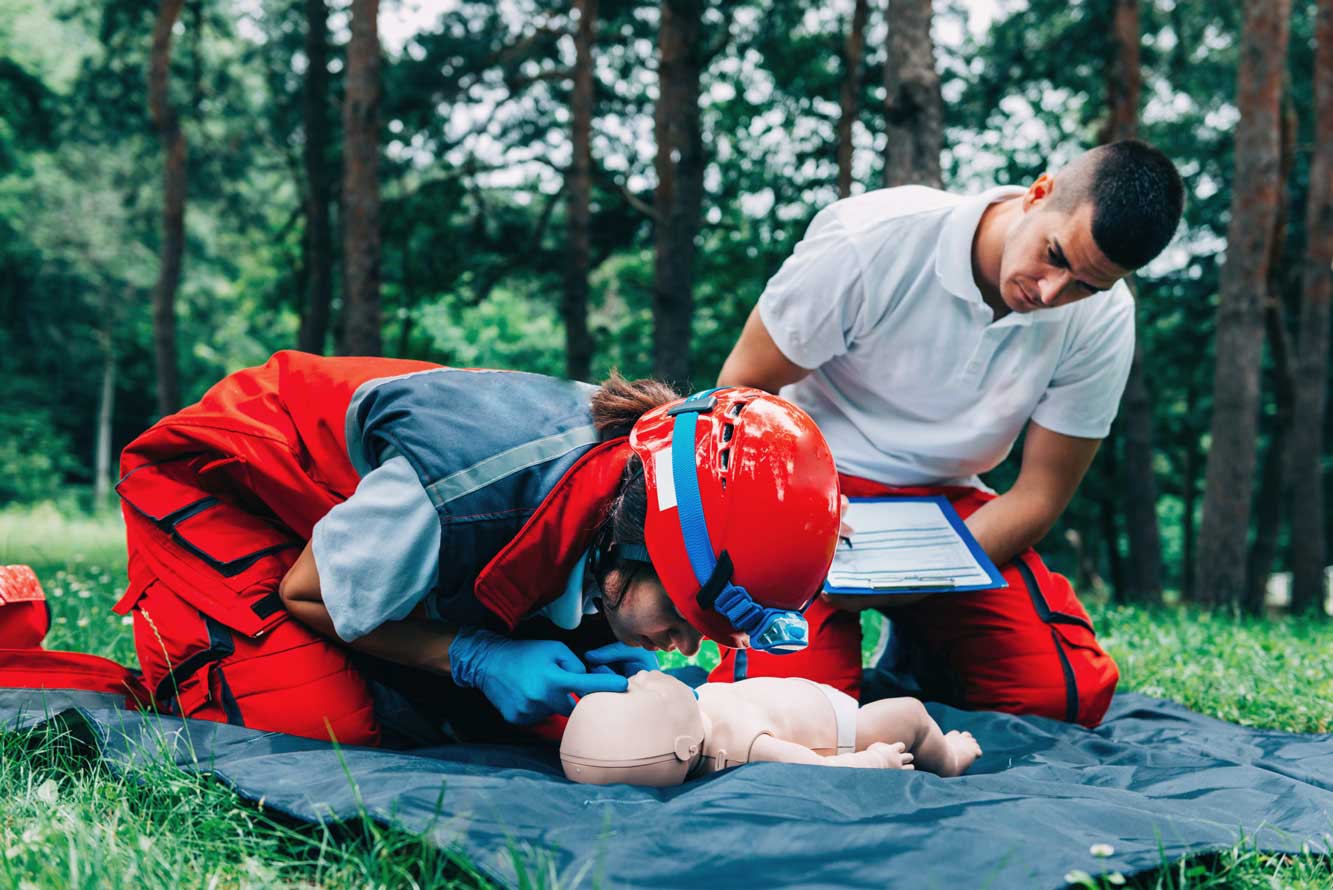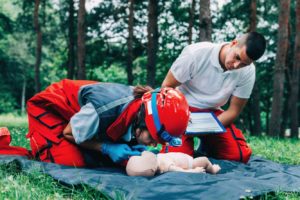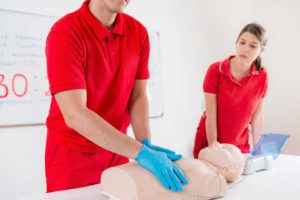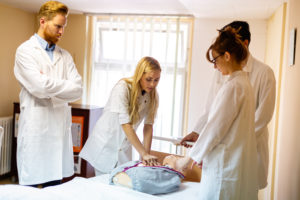A pediatric advanced life support (PALS) course will provide you with the skills and knowledge needed to respond to children and infants in pediatric emergencies. This is a useful and lifesaving certification that can come into use in both a medical setting or around friends or loved ones in the case of an emergency. If you are considering a PALS certification course, it can be helpful to determine who should take the course and what to expect during your training. Keep reading to find out if a PALS certification course is a good emergency training class for you.
What is a PALS Certification
We’ve already covered that a PALS certification teaches responses for children and infants experiencing a pediatric emergency. But you may still be wondering–what exactly does the course entail, what will I learn, and when would I need to utilize skills gained from the certification?
PALS is an advanced class that covers material outside of more basic courses like BLS (basic life support), pediatric CPR or first aid. It focuses on teaching responses to pediatric cardiopulmonary emergencies, which require more medical training to both diagnose and attend to.
A PALS class will cover responses to the following incidents:
- Respiratory arrest
- Shock
- Abnormal heart rhythms
- Cardiac arrest
Is a PALS certification course the right course for you?
Many people can register for a PALS certification course, but before you do, you should determine whether it is the right course for you.
Before signing up for a PALS course, it is recommended that you complete a few other courses beforehand, such as a basic life support (BLS) course and ECG/EKG course. Though these courses are not required, they are strongly encouraged to complete before PALS.
Even if you are eligible to sign up, it is important to verify whether or not there are other training courses that may be better suited for your needs, before aiming for your PALS certification. If you jump into a PALS course without it being relevant to your training needs, you might not be able to understand the material as well, and simply not benefit as much from the course.
It is also important to determine whether a PALS certification is the correct training for the skills you are seeking. When it comes to obtaining emergency response skills, there are many different classes you can take. A PALS course is the most useful if you specifically want or need to develop the ability to respond to critical cardiopulmonary emergencies in children or infants.
There are a number of other courses you can take instead of or in addition to PALS:
- AHA BLS (provider card needed to register for course)
- ECG/EKG
- ACLS (optional and complimentary to PALS)
Some people may be required to complete a PALS certification for an occupation or volunteer position. People working in pediatric medical facilities, advanced pediatric care facilities, or childcare settings are the most likely candidates to benefit from a PALS certification.
The benefits of holding a PALS certification
If you are a nurse, medical employee, or any other form of child or infant care provider, a PALS course can be extremely beneficial.
Not only will a PALS certification make you eligible for some positions that require the skills, but it will allow you to provide lifesaving care in emergency situations. If you frequently find yourself in a setting in which emergency cardiopulmonary incidents may occur to a child or infant, your knowledge from a PALS course could one day be indispensable. Having these skills opens you up to becoming a more capable, skillful responder.
Where to find emergency training courses near you
We know you have many options to choose from when it comes to signing up for emergency response courses and certifications. We urge you to consider Lifesaver Education for your emergency training needs. Lifesaver Education is highly recommended and well-established as an emergency training provider in the Los Angeles area.
As a small-owned local business, Lifesaver provides the professionalism and expertise of any top-tier training provider, with the benefits of a small-scale business. With Lifesaver, you can expect small, personal classes or even private classes with clear instruction and support. We also provide additional resources such as private tutoring, guidance on which classes to take, and more.
If you need to finish prerequisites before signing up for your PALS certification course, Lifesaver provides a number of options. Our complete menu of classes includes:
- BLS
- CPR & AED
- CPR, AED & First Aid
- First Aid
- Pediatric CPR, AED & First Aid
- ECG/EKG
- ACLS
- PALS
- NRP
- S.T.A.B.L.E
- Ventilator Training
Do you have additional questions about the PALS course or other classes offered by Lifesaver Education? We are always happy to provide more information and guidance on our training classes.
